A software program called eCommerce software aids internet firms in managing their websites, sales, marketing, and operations. It makes it simple for you to sell your products and services online. This ecommerce software for small business systems keeps track of orders, makes payments, gives refunds, and replaces lost or broken items. It also tells you how much money you made or lost on sales each week, month, or year. Global internet buying has increased dramatically as a result of the current epidemic. There are no signs that the ecommerce software companies will slow down in the near future. By 2022, Statista projects that the worldwide e-commerce market will generate revenues of $6.54 trillion. more than $3.53 trillion in 2019. You need free ecommerce software to achieve your goals, whether you’re starting a new eCommerce software from scratch or looking for ways to expand your current business online.
15 Best Ecommerce Software Build Your Online Business 2022
You must keep in mind that not all complete best ecommerce software is created equal when looking for one. A few examples of different platforms are all-in-one website builders, email service providers, shopping cart software, and different plug-ins or add-ons. So, how do you pick the best ecommerce software development for your business? That depends on the particular demands and requirements of your organization. For you and your company, I’ve put up a list of some of the top e-commerce systems.
An Ecommerce Software is what?
Learn about the eCommerce software industry before getting involved. Online purchasing and selling of goods and services are known as “eCommerce business.” Selling their goods and services online is good for both small and large businesses, as well as independent contractors. Retail, drop shipping, digital goods, wholesale, services, subscriptions, crowdfunding, etc. are typical eCommerce examples. functions of e-commerce software Everything an ecommerce software price does is to make running an online business’s website, marketing, and sales easier (eCommerce store).
A decent, secure e-commerce website should include these 4 components.
- Growth is how quickly your company expands.
- Include the cost of creating an Ecommerce Software as well as continuing development costs.
- Controlling your customers‘ interactions with your company is known as customer engagement.
- Objectives: You may provide the services of your choosing using an e-commerce platform.
Ultimately, the ecommerce software advice you use should smoothly enable your online business.
There are various eCommerce platforms available to you.
Before you launch your e-commerce website, you’ll need a hosting solution. Why? Since the hosting stores all the information about your e-commerce sites, Internet users can look at the site’s content. There is a hosting server for each website. It is a separate server. eCommerce software companies have two hosting options.
Hosted
A hosted platform exists for some website builders. It eliminates the hassle and cost of dealing with third-party hosting! A nice illustration of a hosted platform is the Shopify shop. These platforms are user-friendly, and an optimized eCommerce software website design can improve the user experience.
Self-hosted
Self-hosted eCommerce businesses use their own servers or pay a hosting company to rent space from them. Does it complicate website management more? Yes. The owner is in charge of making sure that all upgrades, maintenance, and bug fixes are made. You must pay a fee to a third party who hosts the website data. With upgrades, the expenses may mount fast. At important times, like when you need to get more people to your website during a sale, it might leave you high and dry.
How do you pick the ideal eCommerce platform for your company?
Before you can market your goods and services and reach your target market, you need to choose the right eCommerce software. Consequently, you can use the Moscow approach to guarantee that your eCommerce firm has the finest marketing tool by making the best decision.
1. Ownership costs
Capital expenditures for an e-commerce operation are modest. But prices for the top eCommerce software vary depending on a number of criteria. The price of the app should be considered while deciding on the eCommerce software, but it shouldn’t be the sole consideration. According to Shopify, the minimum amount a small business owner spends in their first year is $40,000, and just 9% of that sum is spent on internet marketing tools.
An eCommerce software might cost you as little as $10 or as much as $15,000, depending on the functionality you want. Determine your budget after determining the demands of your eCommerce firm. Compare the different pricing strategies to find the one that gives your business the most value.
2. Makes a trial offer
Without doing a trial, it might be difficult to determine which eCommerce software is best for your online company. The majority of eCommerce software offers a free trial period. To have a detailed conversation about what to anticipate from a free trial, call the sales representative or set up a call. It is in your best interest to evaluate the software before selecting a pricing strategy.
3. Plugins and integrations
The kind of connectors and plugins that the software offers is another important consideration. Keep in mind that not every platform has the same level of integration. Therefore, you should be aware of the purpose and limits of your online store. Accounting, email marketing, payment and shopping, customer loyalty programs, etc. are a few of the most frequently used plugins.
4. Store design and customer experience
Is your online shop easy to use? If not, it’s about time you focused on enhancing the design of the website. With a free account, the professional eCommerce software builder offers free themes. Only premium users have access to the paid landing page templates. Investing in eCommerce software with free themes is a good idea if you want to turn website visitors into loyal customers.
5. Scalability and adaptability
Strategic planning and enhanced tool assistance help eCommerce businesses expand. For shop customization, make sure the tool platform you select has API interfaces. Additionally, it must include email marketing automation options. At first, a business owner might not think about this when looking at their options, but once the money starts coming in, they will need a tool that can be changed.
You require an email marketing tool in addition to a strong eCommerce software. With Mailmunch’s opt-in forms, pop-ups, landing pages, emails, discounts, and more, be ready to increase the number of quality leads coming into your online business.
#1. Wix eCommerce
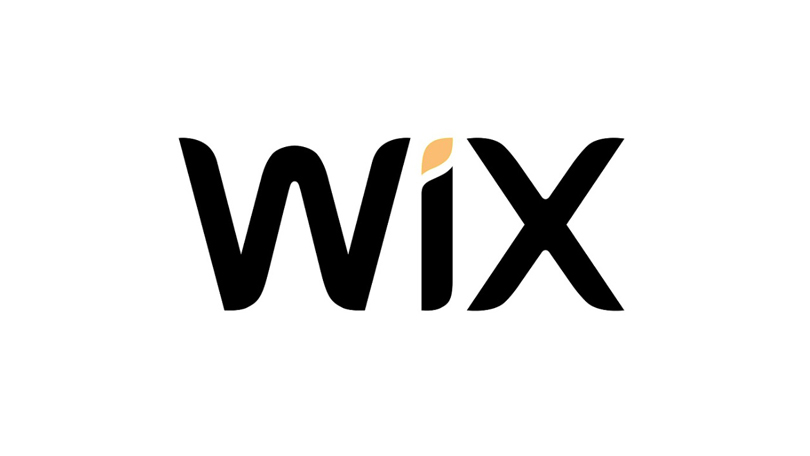
The industry’s most user-friendly website builder for beginners is Wix. You may drag and drop pieces on any page you like with this eCommerce software.
Features
- You may use it to build a personal blog, a website for your online portfolio, or even an online business.
- There are over 500 themes and templates available.
- It has several templates that are divided up into different categories.
- It provides tools for sending and managing invoices.
- It permits the creation of multilingual shops.
- Google Analytics allows you to monitor traffic.
#2. BigCommerce
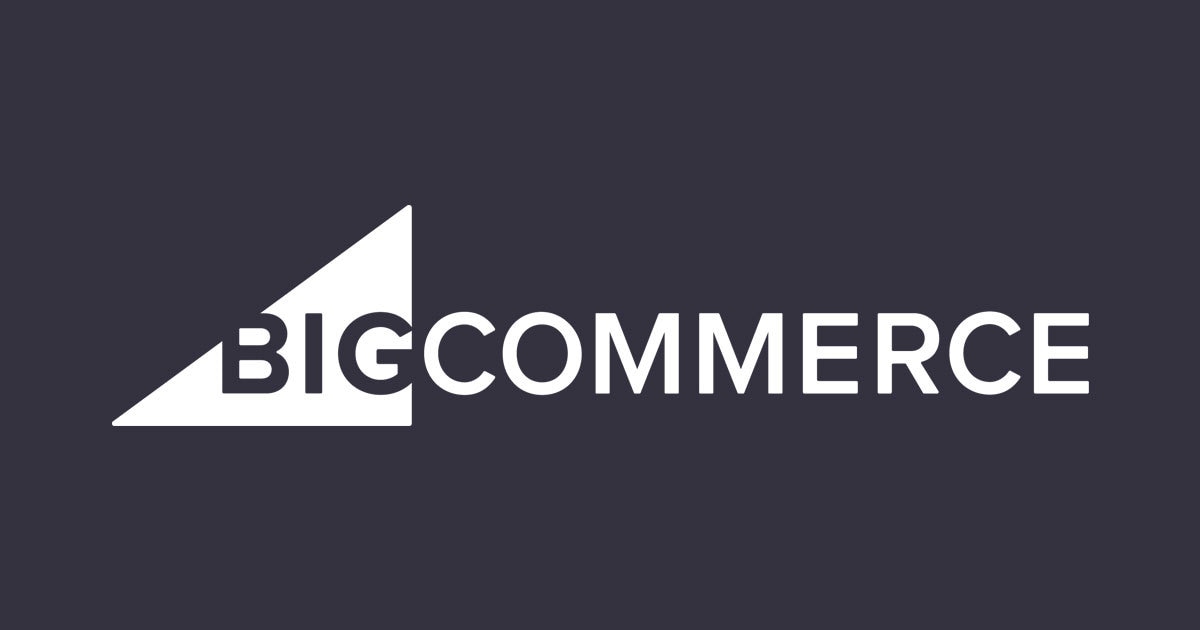
A contemporary online shopping platform is BigCommerce. With built-in HTML, CSS, and Javascript, it enables themes that are completely customizable.
Features
- It gives you access to a comprehensive back-end platform so you can construct your website using WordPress.
- Before publishing, you may preview posts and pages.
- ability to market via several channels.
- You may create an eCommerce store that is mobile-responsive thanks to it.
- It gives you customizable, SEO-friendly URLs that increase traffic.
#3. Ecwid
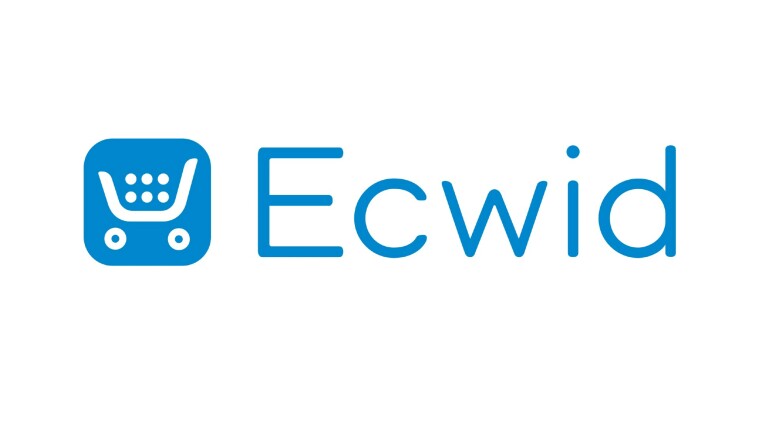
Ecwid is an online platform for eCommerce software that lets you set up an online store and sell your goods on your website, social media accounts, online marketplaces like Amazon, and in person. It makes it simple for you to alter product names, pricing, and descriptions.
Features
- It provides simple marketing solutions, such as Google and Facebook advertising, to help you expand your business.
- It enables you to manage everything from a consolidated dashboard to a single dashboard.
- On Facebook and Instagram, you may promote your items.
- Push notifications are available each time an order is placed or payment is approved.
#4. Weebly

A simple, drag-and-drop eCommerce website builder is Weebly. This eCommerce software gives you 50 customizable templates to help you build a store that is just right for your business.
Features
- You may test it out on a modest scale before purchasing with Weebly because of its temporary free plan.
- It also provides integrated, simple-to-follow SEO instructions.
- You may alter the blog template thanks to it.
#5. Sellfy

A straightforward and effective eCommerce software for creators is Sellfy. It enables the one-stop selling of physical commodities, digital goods, and subscriptions.
Features
- You may sell your goods on your website or through social media.
- It enables you to leverage upselling features, discount coupons, and email marketing to boost your sales.
- It aids in your ability to quickly construct a storefront.
- It offers the ability to create stacked mega-menus and drop-down menus.
- Multiple purchases made at once benefit store patrons.
- It provides faultless checkout experiences and stores that are mobile-optimized.
- This allows you to send current clients product updates.
#6. 2Checkout

The all-in-one monetization platform, 2Checkout, increase your earning potential and facilitates international digital sales. It is the most adaptable digital commerce platform that can significantly grow your company.
Features
- To provide users with a customized shopping experience, 2Checkout employs real-time Geo-IP identification.
- For software and digital commodities, it offers cutting-edge capabilities.
- This enables you to continue experimenting to find the best buyer’s journey.
- Any model of goods can be sold through any channel.
#7. Squarespace
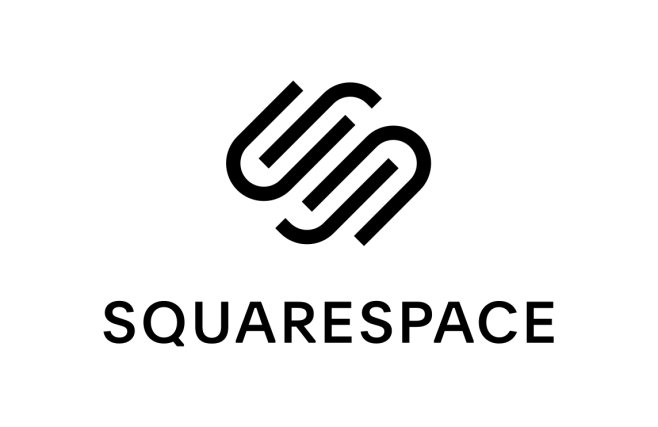
The eCommerce software Squarespace is renowned for its well-made templates. Additionally, this program provides blogging capabilities that integrate hosting, templates, themes, content management systems, eCommerce, and technical support into one package.
Features
- provide current design templates.
- Along with changing the fonts, colors, and page layouts, you can also change the style of your website.
- layouts for customized content.
- You may add your own customized CSS and other code.
- It has a simple and easy-to-use editing interface.
- It offers a platform backed by social media.
#8. FastSpring
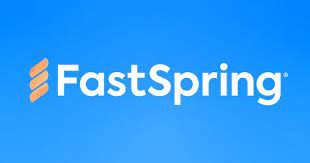
FastSpring’s easy-to-use, full-service eCommerce software gives you everything you need to sell SaaS internationally.
Features
- Automated communication, localization, global payments, and flexible pricing.
- This e-commerce platform offers support for 15+ languages and all widely used payment methods.
- With full-service eCommerce solutions, you may reduce cart abandonment.
- This allows you to get rid of danger and complexity.
#9. Shopify

You may sell your goods and services online using the Shopify eCommerce software. It is an eCommerce solution that has everything you need to run your online business.
Features
- Mobile devices can access stores.
- manually placing an order.
- More carriers provide real-time shipment calculations.
- 100 or more professionally designed themes.
- Shopify Plus offers enterprise expansion.
- Include the product’s star ratings and reviews.
- extensive capabilities for order fulfillment and shipment.
- Integration with Amazon Marketplace
- All plans provide limitless file storage.
#10. Magento

eCommerce software Magento is an e-commerce platform that gives online stores unmatched freedom and control over their shop’s information, looks, and features.
Features
- support analytics and reporting.
- It enables the browsing of products and catalogs.
- features for managing orders and the site.
- It provides a range of marketing tools and promotions.
- It offers worldwide customer assistance.
#11. Volusion

For companies that do online physical product sales, Volusion is the best choice. It provides responsive themes, so you can build a special store without knowing any code. It offers a simple, drag-and-drop website builder with on-page editing capabilities.
Features
- themes that adapt.
- Assist clients by swiftly and simply locating things.
- It enables picture uploading an all-in-one SEO management.
- Utilizing the built-in promotional tools, you can promote your brand across your website.
- It allows you to increase your sales potential with cutting-edge shipping integration.
#12. PrestaShop
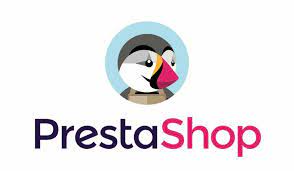
eCommerce software PrestaShop is a tool for making online shops that has all the features you need to start a business and grow it. On its mobile-friendly platform, you can choose from a number of themes for your eCommerce store.
Features
- It lets you share the content of your blog on social networks to get more people to read it.
- Since your business isn’t limited by location, the PrestaShop platform lets you set up an online store in different languages and currencies.
- A variety of professional-looking themes are available from which to choose colors, logos, and designs.
- You may handle orders, customer interactions, storing goods, and statistics with its assistance.
#13. Opencart
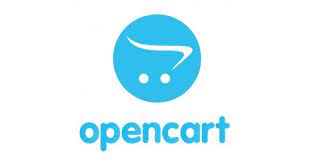
You may configure advanced user rights on the eCommerce software Opencart. You can also use this tool to restrict access for user groups and individuals. You may manage many storefronts from a single admin interface with this eCommerce website.
Features
- It has the largest selection of eCommerce modules and themes that can help your business work better.
- A free online community and committed business assistance are both provided by OpenCart.
- enables simple management of items, clients, orders, tax regulations, promotional coupons, and other things.
- It offers strong retail management.
#14. Big Cartel
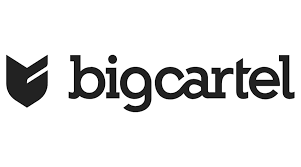
Big Cartel is an eCommerce software that lets you start a creative business, make a one-of-a-kind online store, and sell your products.
Features
- By customizing free themes, you may establish the style and feel of your online business.
- This enables you to choose a reasonable business plan that meets your needs as a company.
- Use it to run promotions, change goods, monitor metrics, and administer your business.
#15. nopCommerce

The open-source eCommerce software, nopCommerce, is simple to use. It provides simple integration and endless customization options.
Features
- It gives you access to a wealth of built-in functions that let you build and grow your online business.
- Businesses of all sizes, from SMBs to enterprises, can use it to easily create and expand their online stores.
- It allows you to use the functionality of multiple vendors and multiple stores.
- It provides security features for all different kinds of companies.


